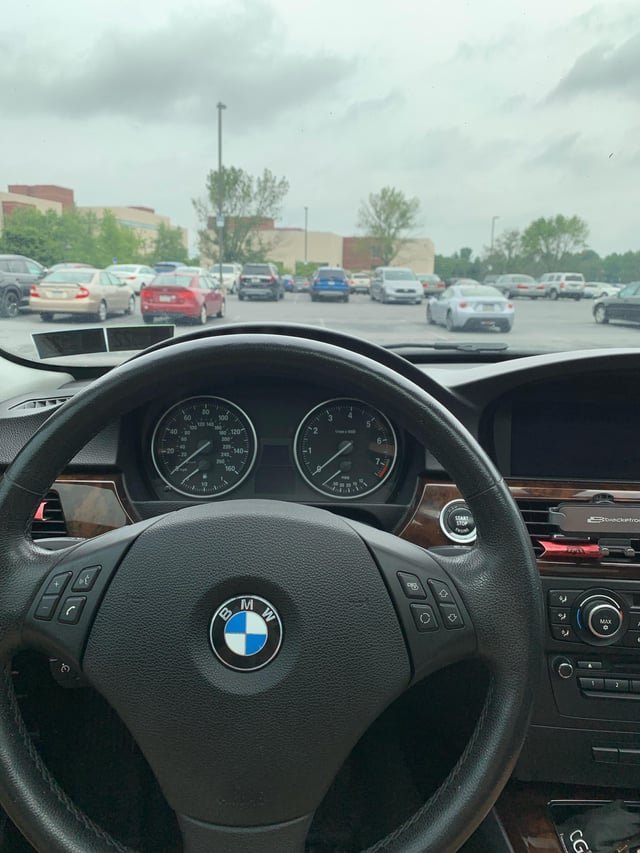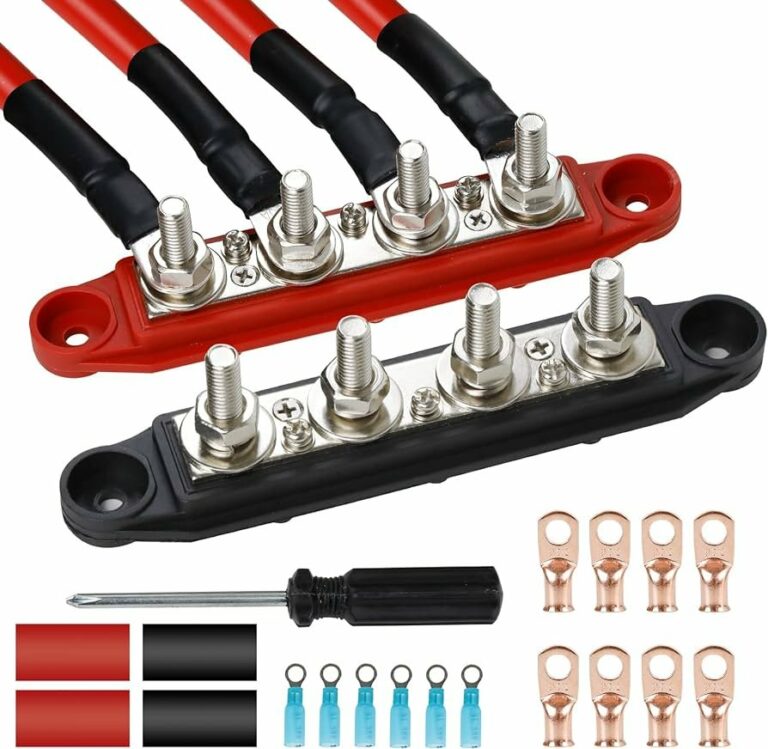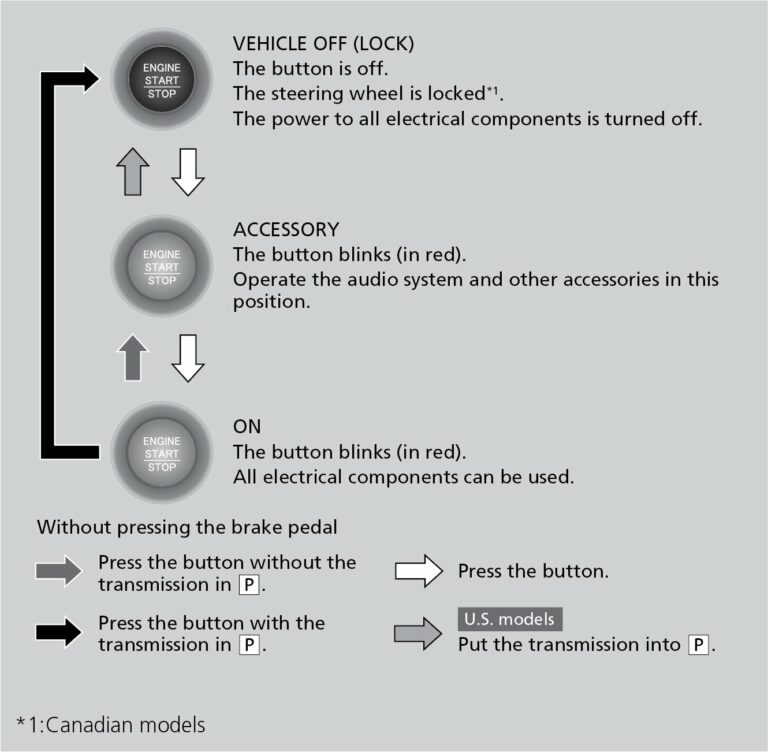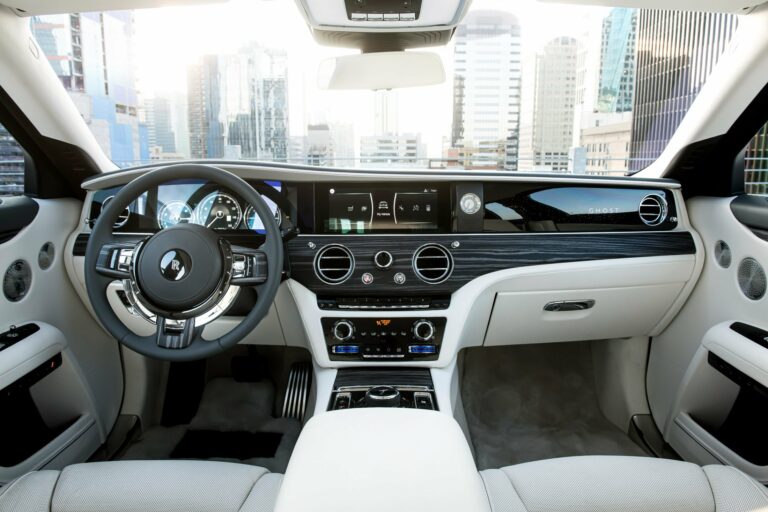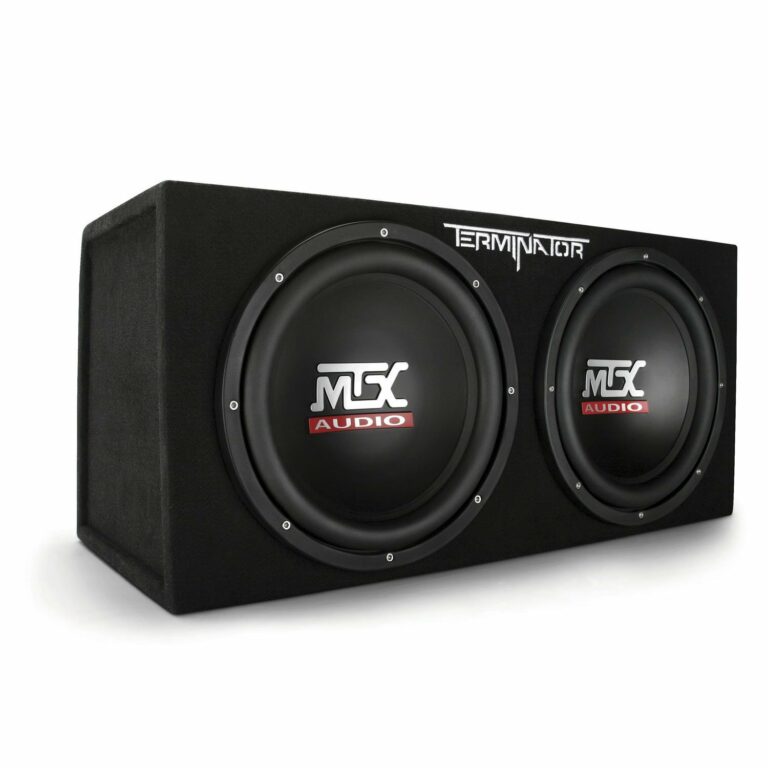Unlock The Mystery: Why Are My Rear Car Speakers So Quiet?
If you’ve been wondering why your rear car speakers seem unusually quiet, we’ve got the answer for you. The volume disparity between your rear and front car speakers can be frustrating, especially when you’re trying to enjoy your favorite tunes on the road. But fear not, because we’re here to help you bring the volume back to the rear of your vehicle. In this article, we’ll explore some common reasons why your rear car speakers may be so quiet and provide you with practical solutions to get them sounding vibrant again. So let’s dive right in and solve the mystery of why are my rear car speakers so quiet.
Why Are My Rear Car Speakers So Quiet?
Have you ever experienced the frustration of sitting in your car, trying to enjoy your favorite tunes or podcasts, only to be disappointed by the quietness of your rear car speakers? If so, you’re not alone. Many car owners have encountered this issue, and it can be quite frustrating to deal with. In this article, we will explore the possible reasons why your rear car speakers may be quieter than expected and provide potential solutions to help you enhance your in-car audio experience.
The Importance of Balanced Sound in Your Car
Before we delve into the specifics of why your rear car speakers might sound quieter, it’s important to understand the significance of balanced sound in your vehicle. A well-balanced audio system ensures that you can enjoy your music, podcasts, or even hands-free phone conversations without any distractions. It allows you to immerse yourself in high-quality sound and fully enjoy your driving experience.
Potential Reasons for Quiet Rear Car Speakers
When it comes to figuring out why your rear car speakers are quieter than expected, there can be several possible causes. Let’s explore some of the potential reasons:
1. Incorrect Speaker Wiring
One common reason for quiet rear car speakers is incorrect or faulty wiring. If the wiring is not properly connected or there are loose connections, it can lead to diminished sound output. Check the wiring connections of your rear car speakers to ensure they are securely connected to the audio system.
2. Speaker Placement
The placement of your rear car speakers can also impact the sound quality. If the speakers are positioned in a way that obstructs the sound waves or if they are not aimed correctly towards the listening area, it can result in quieter sound. Review the speaker placement and adjust them accordingly for optimal sound projection.
3. Speaker Impedance Mismatch
Mismatched speaker impedance can cause uneven sound distribution, resulting in quieter rear car speakers. Check the specifications of your audio system and ensure that the impedance of your rear speakers matches the recommended impedance range. If they don’t align, consider replacing your rear car speakers with ones that have a compatible impedance.
4. Audio Settings
Sometimes, the issue may lie within the audio settings of your car’s sound system. If the fade or balance settings are not properly adjusted, it could lead to an uneven distribution of sound, making the rear car speakers sound quieter. Take a look at the audio settings menu and make necessary adjustments to achieve a balanced audio output.
5. Amplifier Settings
If your car audio system includes an amplifier, the settings on the amplifier could be affecting the sound output of your rear car speakers. Improperly configured amplifier settings, such as low gain or improper equalization, can result in reduced speaker volume. Ensure that the amplifier settings are properly adjusted to optimize the sound performance of your rear car speakers.
6. Speaker Quality
The quality of your rear car speakers plays a significant role in determining the sound output. If the speakers are of low quality or if they are damaged or worn out, they may not deliver the desired volume. Consider upgrading your rear car speakers to high-quality ones that are known for producing clear and powerful sound.
7. Audio Source
The audio source you are using in your car can also impact the volume of your rear car speakers. Some sources, such as certain media players or phone apps, may have their own volume settings that can affect the overall output. Make sure to check the volume settings on both your audio source device and the car’s audio system to ensure they are properly synchronized.
8. Sound Deadening Material
The presence of sound deadening material in your car can affect the audio experience. While sound deadening material helps reduce external noise, it can also absorb and dampen the sound waves generated by your rear car speakers, leading to quieter audio. Evaluate the amount and placement of sound deadening material in your vehicle and consider adjusting or removing some if necessary.
9. Electrical Problems
In some cases, electrical problems within your car’s audio system can result in reduced sound output from the rear speakers. Issues such as faulty wires, blown fuses, or malfunctioning components can all contribute to quieter speakers. If you suspect an electrical problem, it is recommended to consult a professional car audio technician for a thorough inspection and repair.
10. Speaker Size and Power Rating
The size and power rating of your rear car speakers can also affect the volume. Smaller speakers may not be capable of producing the same level of sound as larger ones. Additionally, if your speakers are underpowered for your audio system, they may not be able to deliver the desired volume. Consider upgrading to larger or more powerful rear car speakers that are compatible with your audio system.
Improving the Sound Quality of Your Rear Car Speakers
Now that we have explored the potential reasons for quiet rear car speakers, let’s discuss some ways to improve their sound quality:
1. Verify the Wiring
Check the wiring connections of your rear car speakers to ensure they are properly connected and secure. If you spot any loose or faulty wiring, fix or replace them as necessary.
2. Adjust Speaker Placement
Reposition your rear car speakers, ensuring they are aimed towards the listening area and are not obstructed by any objects in the car. Experiment with different placements to find the optimal position for improved sound projection.
3. Ensure Speaker Impedance Compatibility
Verify that the impedance of your rear car speakers matches the recommended range for your audio system. If they don’t align, consider replacing the speakers with ones that have a compatible impedance.
4. Fine-Tune Audio and Amplifier Settings
Adjust the audio and amplifier settings in your car’s sound system, focusing on fade, balance, gain, and equalization. Experiment with different settings to achieve a well-balanced sound output.
5. Upgrade to High-Quality Speakers
Consider upgrading your rear car speakers to higher-quality ones that are known for delivering clear and powerful sound. Look for speakers that are compatible with your audio system and suit your personal preferences.
6. Ensure Synchronized Volume Settings
Check the volume settings on both your audio source device and the car’s audio system to ensure they are properly synchronized. Adjust the volume levels accordingly to achieve balanced audio output.
7. Evaluate Sound Deadening Material
Review the amount and placement of sound deadening material in your car. Consider adjusting or removing some if it is affecting the sound quality of your rear car speakers.
8. Seek Professional Help
If you are unable to diagnose or resolve the issue causing quiet rear car speakers, it is advisable to seek assistance from a professional car audio technician. They can inspect your audio system thoroughly and provide expert advice and solutions.
Quiet rear car speakers can significantly impact your in-car audio experience. By identifying and addressing the underlying causes of this issue, you can enhance the sound output and enjoy a well-balanced audio system. Remember to check the speaker wiring, placement, impedance, audio and amplifier settings, and consider upgrading to high-quality speakers if necessary. With these steps, you’ll be on your way to enjoying optimal sound quality in your car.
4 Reasons ONLY Upgrading Speakers might not sound good!
Frequently Asked Questions
Why are my rear car speakers so quiet?
There could be several reasons why your rear car speakers are quiet. Here are some possible explanations:
1. Are the volume settings adjusted properly?
Check if the volume settings on your car stereo system are balanced between the front and rear speakers. Sometimes, the balance may be skewed towards the front, causing the rear speakers to seem quieter.
2. Is there a loose or damaged connection?
Inspect the wiring connections for your rear speakers. Loose or damaged connections can result in reduced audio output. Ensure that the speaker wires are securely connected to both the stereo system and the speakers themselves.
3. Are the rear speakers of lower quality?
Consider the quality of your rear speakers. If they are of lower quality compared to the front speakers, it is natural for them to produce quieter sound. Upgrading to higher-quality rear speakers might help improve the audio output.
4. Is there a problem with the stereo’s fade or balance settings?
Check if the fade or balance settings on your car stereo are improperly adjusted. If the fade is set towards the front or the balance is off-center, it can cause the rear speakers to be quieter. Ensure the settings are properly adjusted for an even audio distribution.
5. Is your car’s soundproofing affecting the rear speakers?
Some cars have better soundproofing in the rear, which can dampen the sound coming from the rear speakers. This can make them seem quieter in comparison. Consider adding additional soundproofing materials or adjusting the equalizer settings to compensate for this effect.
6. Have you considered upgrading your stereo system?
If none of the above solutions seem to address the issue, it might be worth exploring the option of upgrading your car stereo system. A newer or higher-quality system can provide better overall sound reproduction and address any inherent limitations of the stock speakers.
Final Thoughts
If you find that your rear car speakers are unusually quiet, there can be several reasons behind this issue. Firstly, it could be due to incorrect speaker placement or positioning, resulting in sound dispersion problems. Secondly, the speakers themselves may be of lower quality or damaged, which can affect the volume output. Additionally, check your audio settings and make sure the balance is not favoring the front speakers over the rear ones. By addressing these potential causes, you can troubleshoot and improve the audio performance of your rear car speakers.

